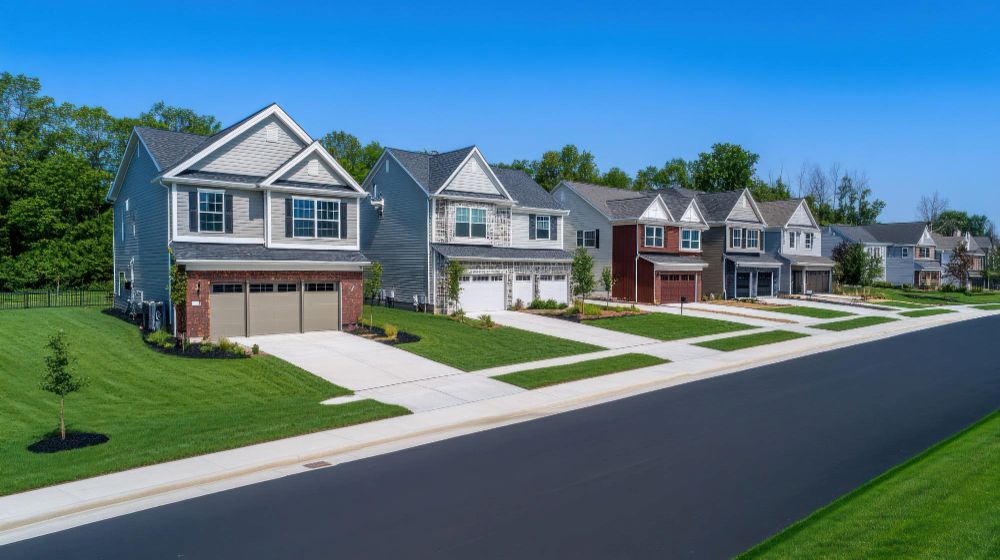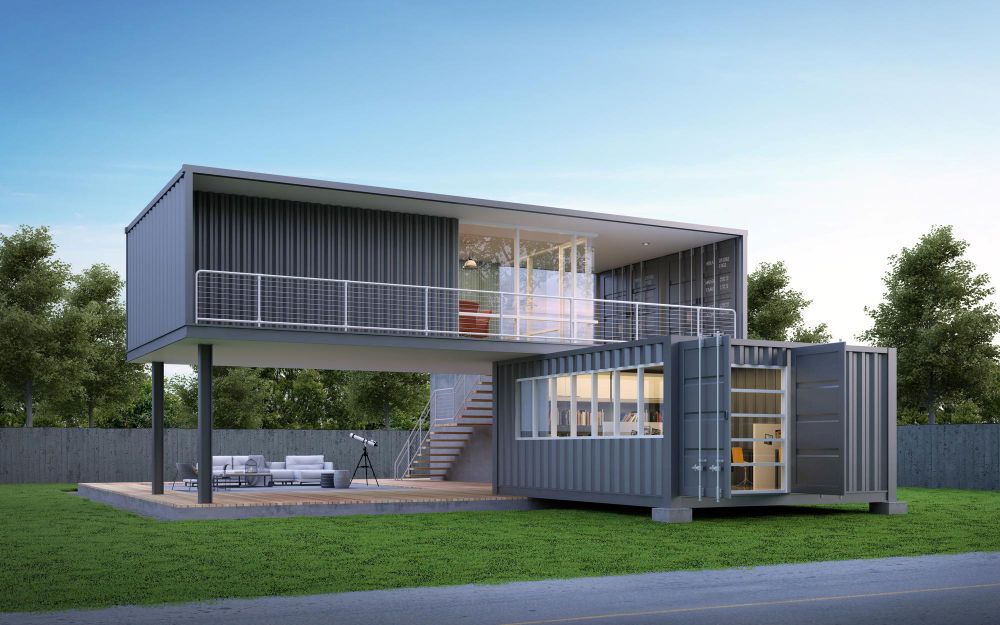
Affordable Housing Through Smart City Solutions
Introduction – Tackling the Housing Challenge
Housing affordability has become one of the most pressing issues in cities worldwide. Rising populations, limited land supply, and increasing construction costs are leaving many communities struggling to provide adequate housing options. In this context, smart city solutions are emerging as powerful tools to address affordability while ensuring sustainable urban growth.
At Smart City Strategies and Solutions, we believe technology, innovation, and thoughtful planning must converge to solve housing challenges. By leveraging our Smart City Ecosystem™, we help governments and developers create scalable, affordable, and livable housing solutions. Learn more about our mission on our About page.
The Housing Affordability Crisis in Cities
Across both developed and emerging nations, housing affordability is an increasingly critical issue:
- Urban migration is driving up demand faster than supply.
- High land prices make development costly and exclude many residents.
- Inefficient planning often delays projects, limiting the availability of affordable units.
- Climate pressures are forcing higher construction and maintenance costs.
Without intervention, these challenges can deepen inequality and destabilize communities.
Smart City Solutions for Affordable Housing
Digital Urban Planning Tools
Digital twins and data-driven planning enable city leaders to simulate development scenarios before breaking ground. This ensures housing is built where it’s most needed and connected to transport, schools, and jobs.

Modular and Prefabricated Housing
Advancements in modular housing make construction faster and cheaper without sacrificing quality. Smart materials and prefabricated systems reduce waste while providing energy-efficient homes.
Mixed-Use and Inclusive Developments
Integrating affordable housing into mixed-use developments creates vibrant, economically diverse communities. Smart zoning policies and design approaches make it possible to balance affordability with quality of life.
Smart Energy and Resource Efficiency
Affordable housing isn’t just about rent—it’s also about ongoing living costs. Smart energy systems, water-efficient infrastructure, and sustainable design reduce utility bills, making homes more affordable over the long term.
Public-Private Partnerships
Governments, developers, and technology providers can collaborate to share costs, risks, and benefits. Public-private partnerships powered by smart city frameworks make large-scale affordable housing projects viable.
Global Examples of Smart Housing Solutions
- Vienna, Austria has successfully implemented long-term affordable housing strategies, blending public and private investment supported by digital planning.
- Singapore uses smart data systems to manage its extensive public housing projects, ensuring fair access and efficient allocation.
- Barcelona, Spain employs smart energy systems in public housing to lower residents’ living costs.
These examples highlight how technology and governance can combine to deliver meaningful results.
How Affordable Housing Supports Climate Goals
Affordable housing projects can also align with sustainability and climate resilience objectives:
- Energy-efficient buildings reduce emissions.
- Smart waste and water systems promote sustainability.
- Compact, connected developments lower transport-related emissions.
By linking affordability with sustainability, cities create housing that is both socially and environmentally responsible.
The Role of Smart City Strategies and Solutions
At Smart City Strategies and Solutions, we use our proven frameworks—the Smart City Ecosystem™ and Smart City Mandala™—to help cities design housing strategies that balance affordability, innovation, and sustainability.
We collaborate with local governments, developers, and communities to deliver solutions that go beyond just building homes. Our approach ensures affordable housing is connected, resilient, and future-ready. Explore more about our vision on our About page.
Conclusion – Building Affordable and Inclusive Cities
Affordable housing is not just a social obligation—it’s the foundation of thriving, resilient cities. By adopting smart city solutions, leaders can create homes that are affordable, sustainable, and connected to opportunity.
The future of housing lies in smart collaboration, innovative technology, and a commitment to inclusivity. With the right solutions, every city can provide homes where people not only live, but flourish.
